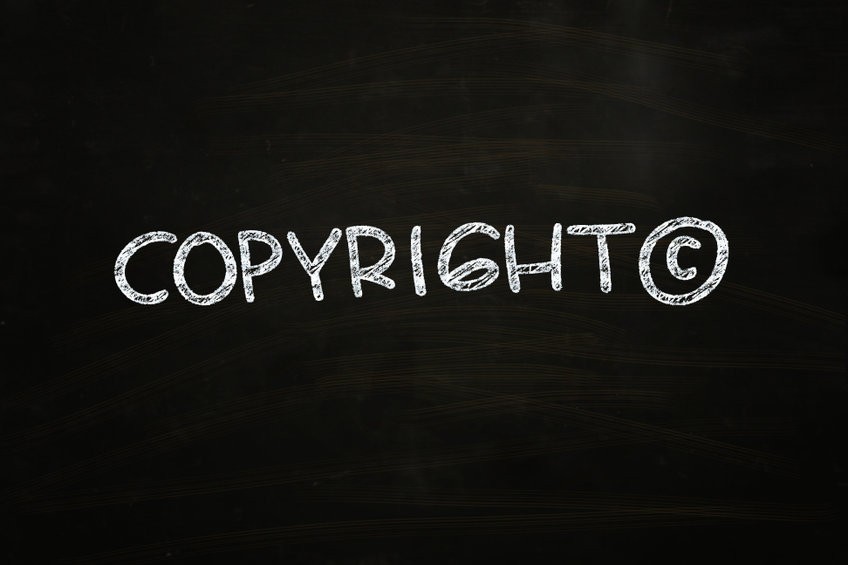Copyright Registration for Freelancers and Solo Entrepreneurs
For freelancers and solo entrepreneurs in India, copyright registration is a vital tool to protect your original creative work—whether it's software code, designs, written content, music, or digital media. While copyright protection exists automatically upon creation, registering your copyright provides stronger legal proof, enhances your credibility, and opens doors for licensing and monetization. Here’s a compassionate, clear guide tailored for independent creators and solo business owners navigating copyright registration in 2025.
Why Copyright Registration Matters for Freelancers and Solo Entrepreneurs
-
Legal Proof of Ownership: Registered copyright acts as official evidence recognized by courts, making it easier to enforce your rights and resolve disputes.
-
Business Credibility: Clients, partners, and platforms are more confident when your work is legally registered, signaling professionalism and originality.
-
Monetization Opportunities: Licensing your work or selling usage rights becomes simpler and safer with a registered copyright certificate.
-
Protection Against Infringement: It deters unauthorized copying by putting the world on notice of your ownership.
-
Supports Growth and Expansion: Registration facilitates business scaling—especially if you plan to serve international clients or enter markets like the Middle East where IP compliance is critical.
-
Peace of Mind: Knowing your creative assets are formally protected encourages you to innovate and grow your freelance or solo venture with confidence.
How Freelancers and Solo Entrepreneurs Can Register Copyright in India
Step 1: Identify Your Creative Works
List your original works that are eligible for copyright registration: articles, code snippets, designs, logos, videos, music compositions, etc.
Step 2: Prepare Documentation
-
Fill out the online application (Form XIV) on the official Copyright Office portal (copyright.gov.in).
-
Upload digital copies or samples of your work (PDF, JPEG, or appropriate formats).
-
Provide identity proof (PAN card, Aadhaar, or passport).
-
Include a clear statement of originality and ownership.
Step 3: Pay the Government Fee
Fees vary but are typically affordable for individuals and freelancers; pay securely via the online portal.
Step 4: Track Your Application
You will receive a diary number to monitor your application status online, including a 30-day public notice period for objections.
Step 5: Respond Promptly if Objections Arise
If anyone files an objection during the notice period, respond with evidence or seek expert advice to resolve it efficiently.
Step 6: Receive Your Certificate
Once approved, you get a registration certificate serving as your official proof of ownership.
Tips for Freelancers and Solo Entrepreneurs
-
File Early: Register your work as soon as it’s finalized or before public sharing to avoid disputes.
-
Keep Organized Records: Store drafts, contracts, and digital files systematically for quick application and defense if needed.
-
Use Clear and Professional Language: In statements and responses to objections, clarity and factual accuracy strengthen your claim.
-
Consider Expert Help for Complex or Joint Works: Getting professional assistance when handling collaborations or high-value assets can save time and avoid mistakes.
-
Leverage Your Registered Copyright: Highlight your copyright status in proposals and client interactions to build trust and differentiate yourself.
Copyright registration empowers freelancers and solo entrepreneurs by turning their creative efforts into legally recognized assets. It shields your originality, boosts your market credibility, and expands your opportunities locally and internationally.
Visit - https://www.filingworld.in/
#filingworld
